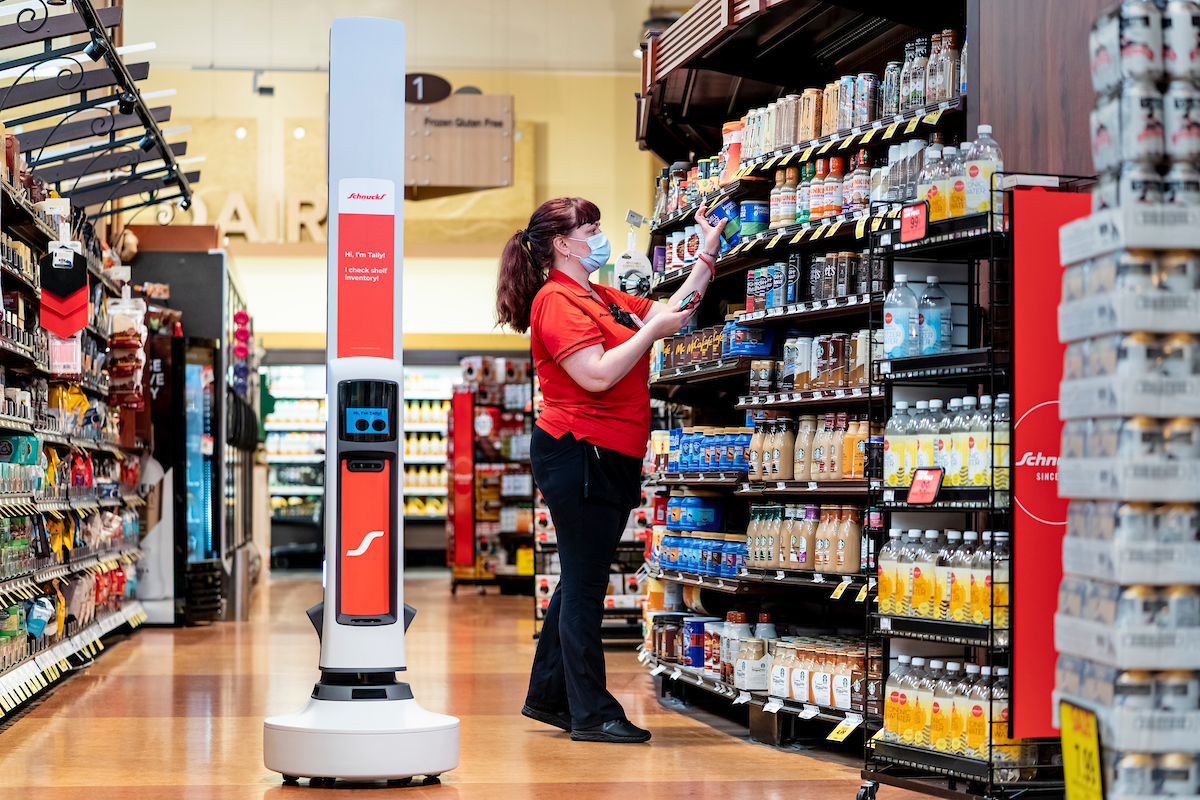This week brought in good news for the robotics space in the form of new investment for nascent companies, but two established players within the space hit a snag. Amazon’s potential $1.7 billion acquisition of iRobot, which had previously been approved by the U.K.’s antitrust regulators, is now getting an extensive review by the European Union.
Our resident robotics expert Brian Heater has some additional analysis on the deal, and a commemoration of the late industry legend Joanne Pransky, in the latest edition of his Actuator newsletter. Subscribe to get those updates every Thursday right here.
And for the rest of the past week’s robotics news, keep on scrolling.
Verity’s $11M keeps hot drone summer soaring
The Swiss startup Verity announced a new round of funding, on top of its $32 million Series B from back in March. Its deal with Ikea, which had put 100 of its drones in 16 warehouses in Europe, has attracted a ton of industry attention, and this particular round will go toward scaling to meet the need for scale to address the growing opportunity for supply chain automation.
Wildfire detection automation nets additional $17M
Pano AI has been developing cameras capable of automatically detecting wildfires, most recently catching and sending early warnings about the Kutch Road Fire 14 minutes ahead of the first 911 call.
And with wildfires an increasing concern worldwide in the face of rising temperatures, Pano AI announced a $17 million extension to its $20 million Series A.
Simbe’s funding increases to $54M following BJ Wholesale deal
While Verity’s drones focus on warehouses, Simbe’s focused on the stores themselves, with its robots roaming through stores to monitor inventory within a customer’s reach. The company just announced a fresh round of funding with a $28 million Series B that follows its $26 million Series A from late 2019, fresh off the heels of its deal placing its Tally robots in all BJ Wholesale Club locations.
Bedrock’s ocean-mapping ambitions discover $25M in funding
Any construction project requires surveying, inspection and monitoring, and the same holds true for the increasing volume of underwater projects spurred by the demand for offshore wind. Bedrock’s autonomous underwater vehicles aim to conduct that work instead of costly crewed survey ships, and they just announced $25.5 million in new funding to expand its mission. Interestingly, their new focus is less on the hardware itself, and more on proving the commercial viability of selling the data they collect through their autonomous explorers.
If you want the latest in robotics news, plus additional commentary and insights from Brian Heater, subscribe to Actuator and get the weekly newsletter in your inbox.
This week in robotics: Amazon’s iRobot deal hits an EU snag as new funding keeps hot drone summer rolling by Alyssa Stringer originally published on TechCrunch

